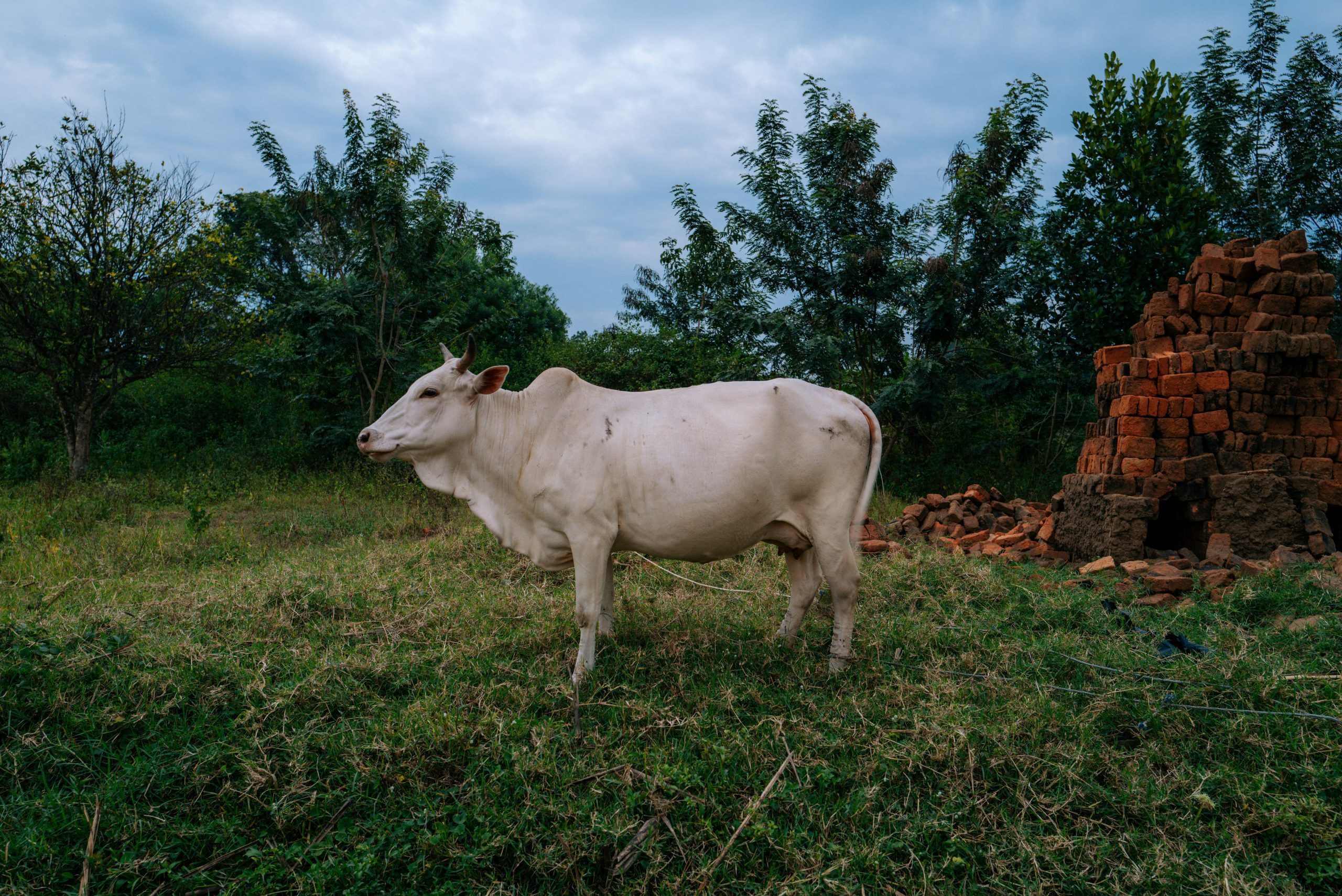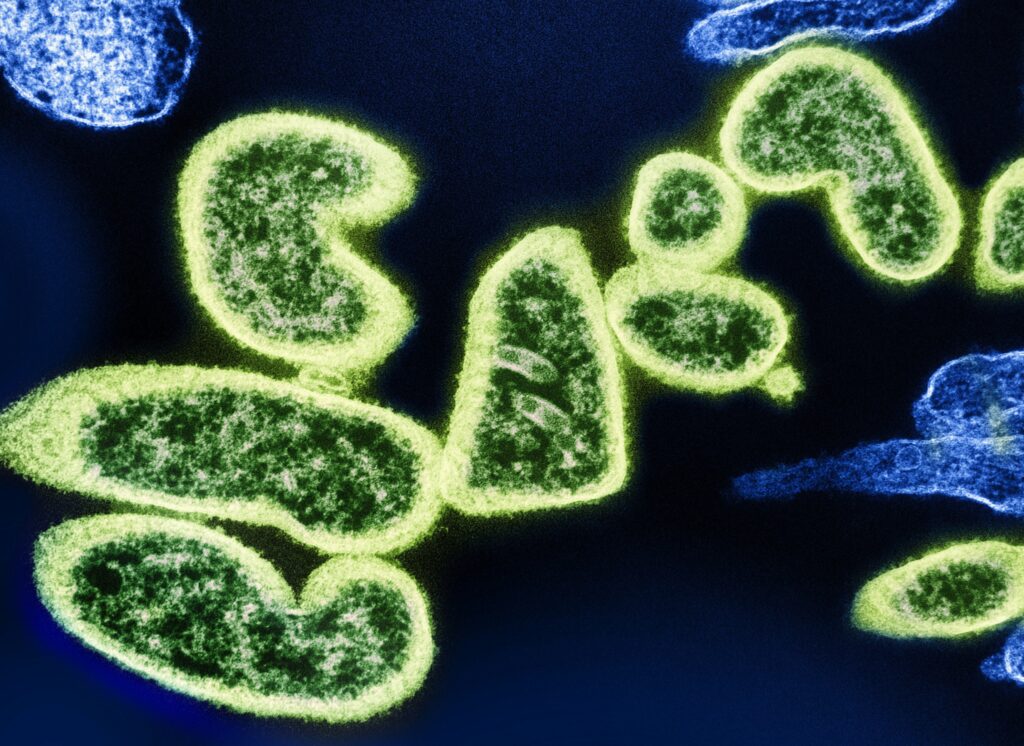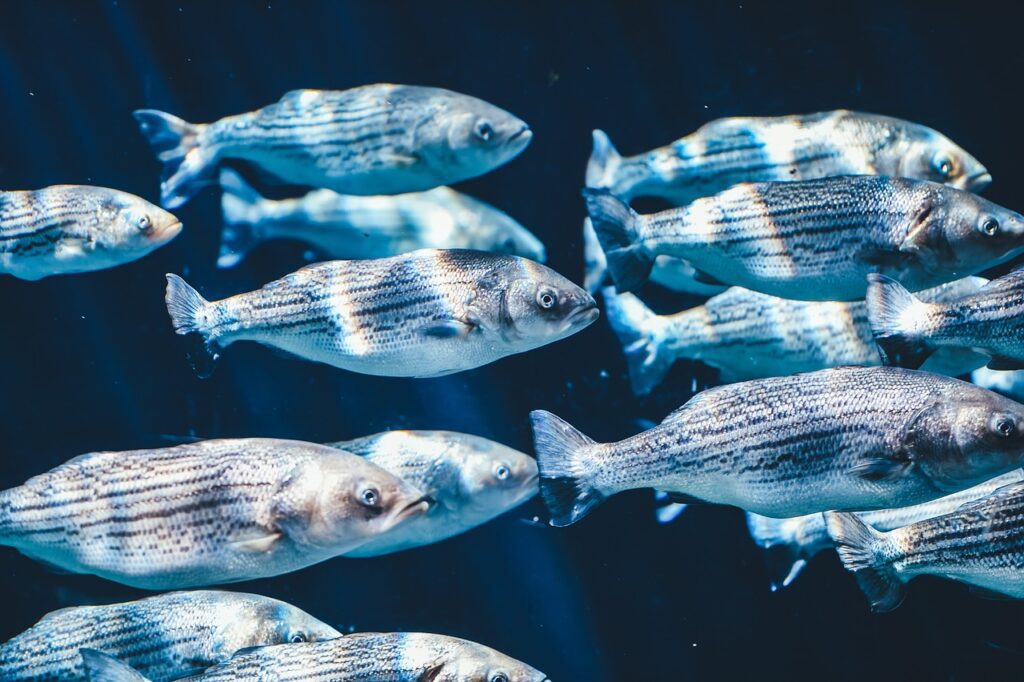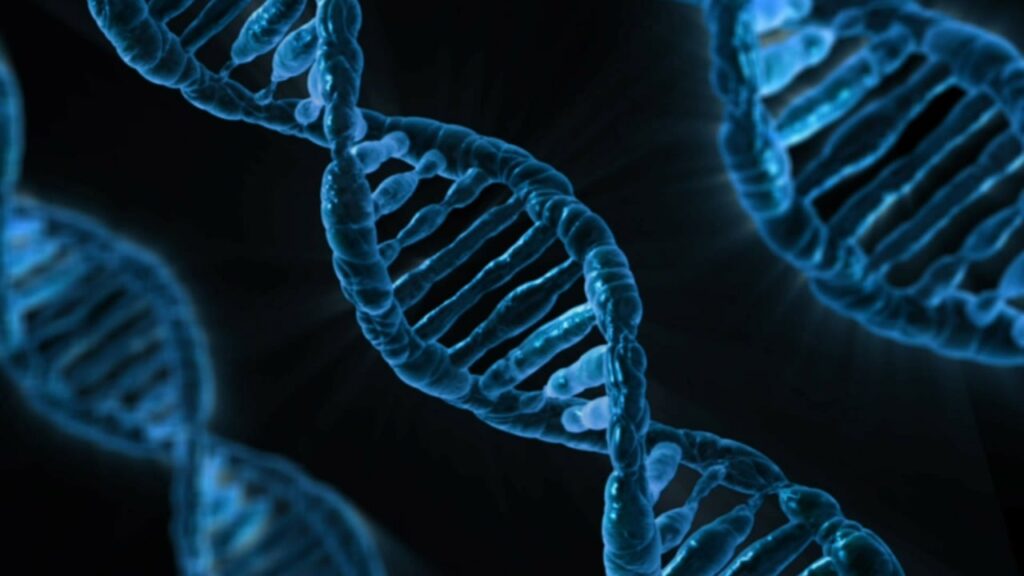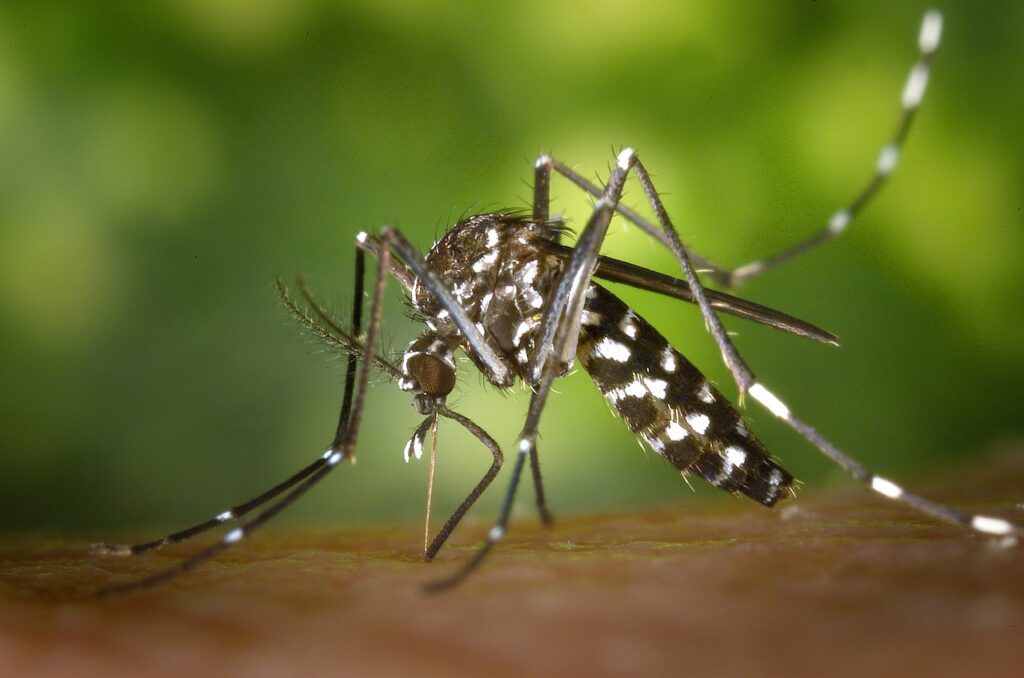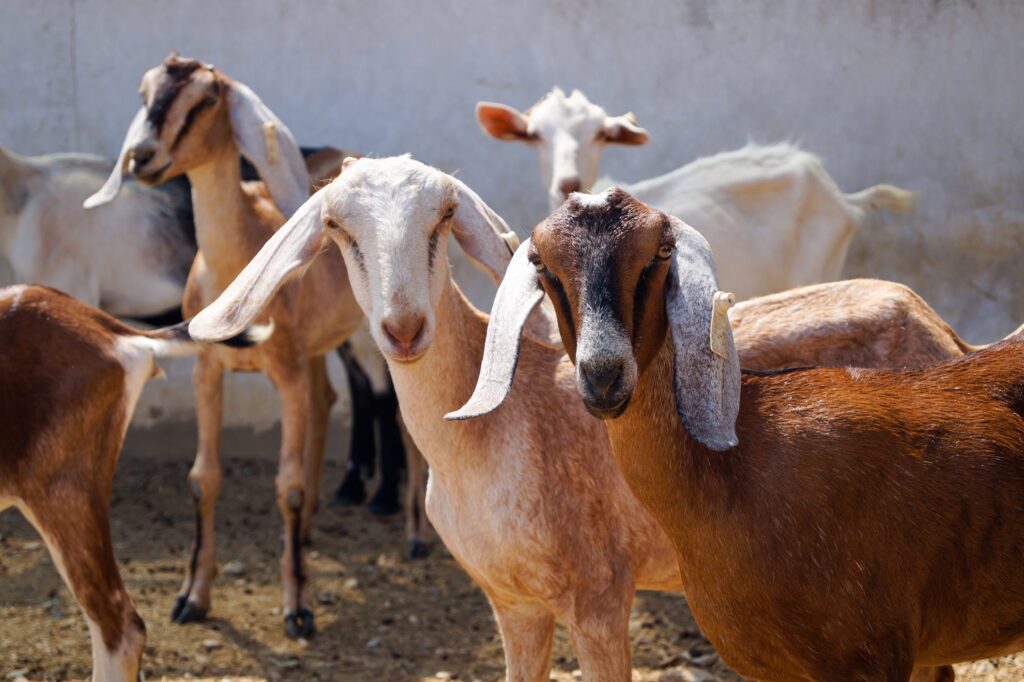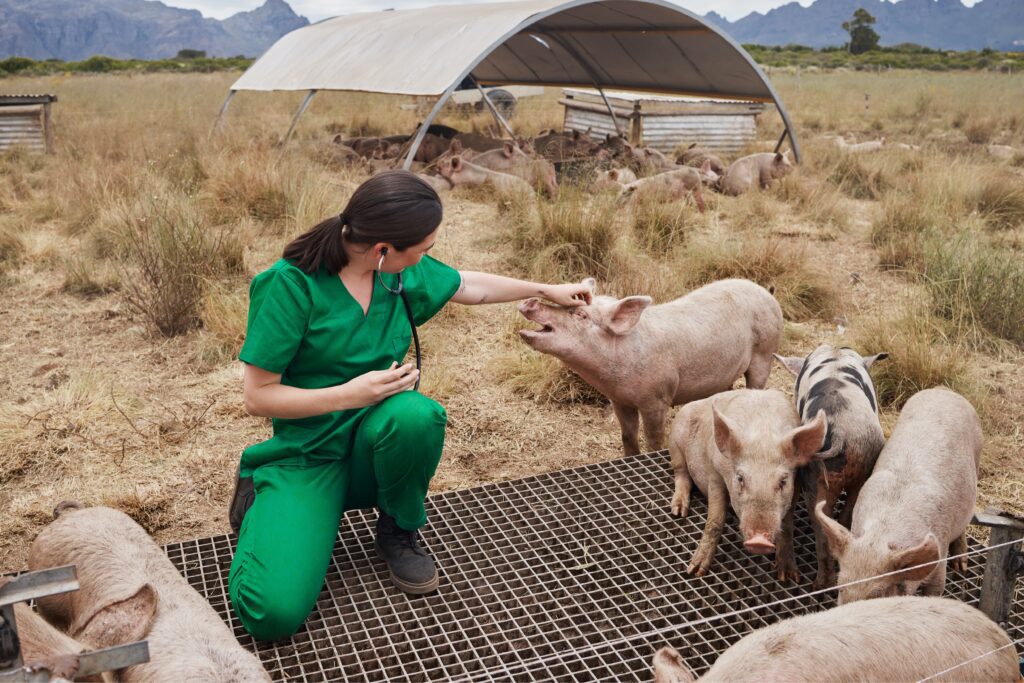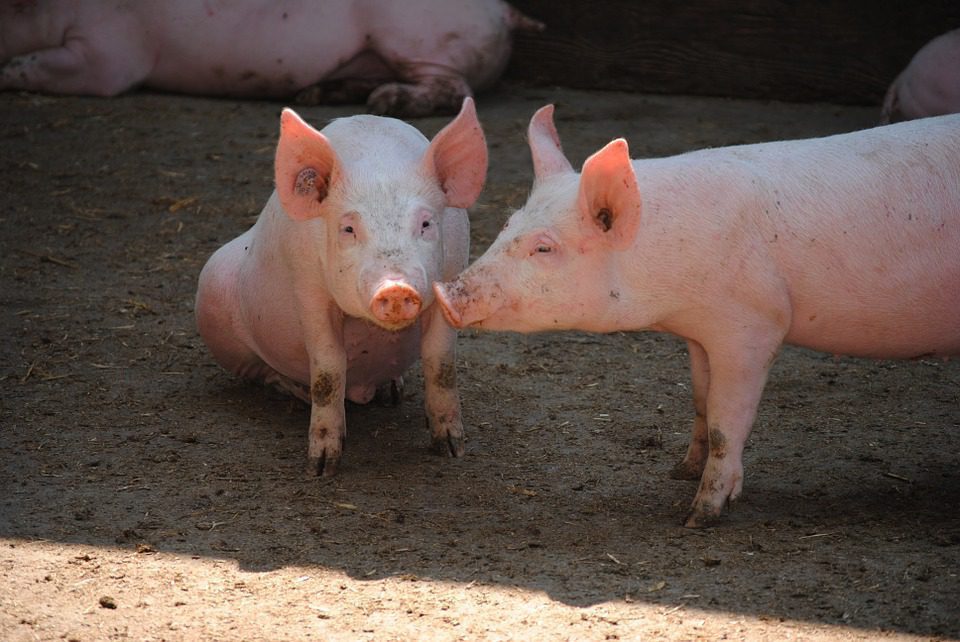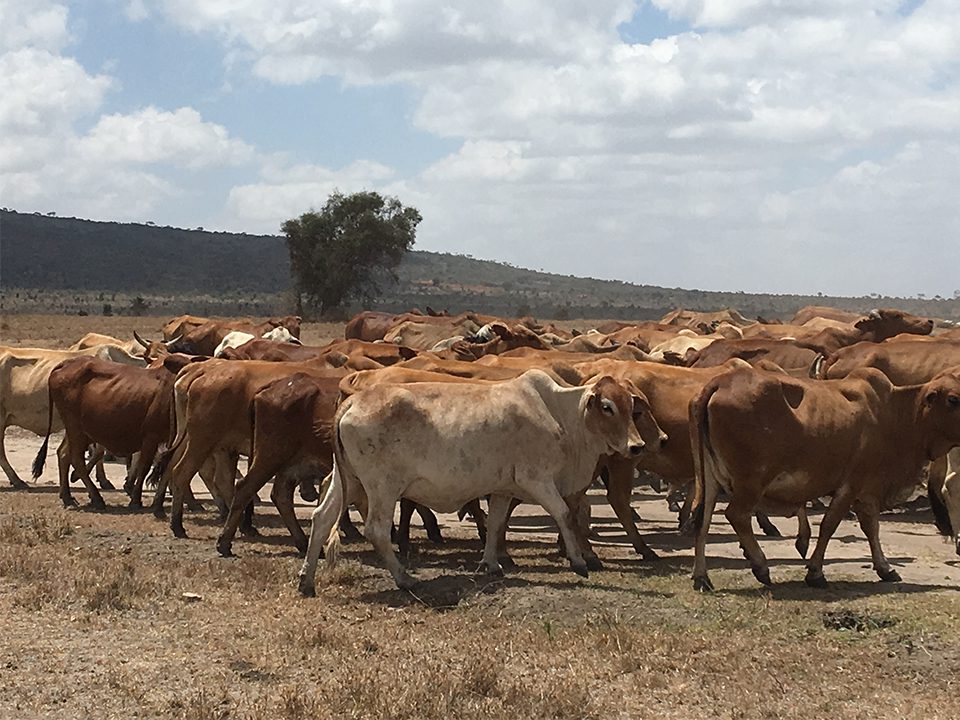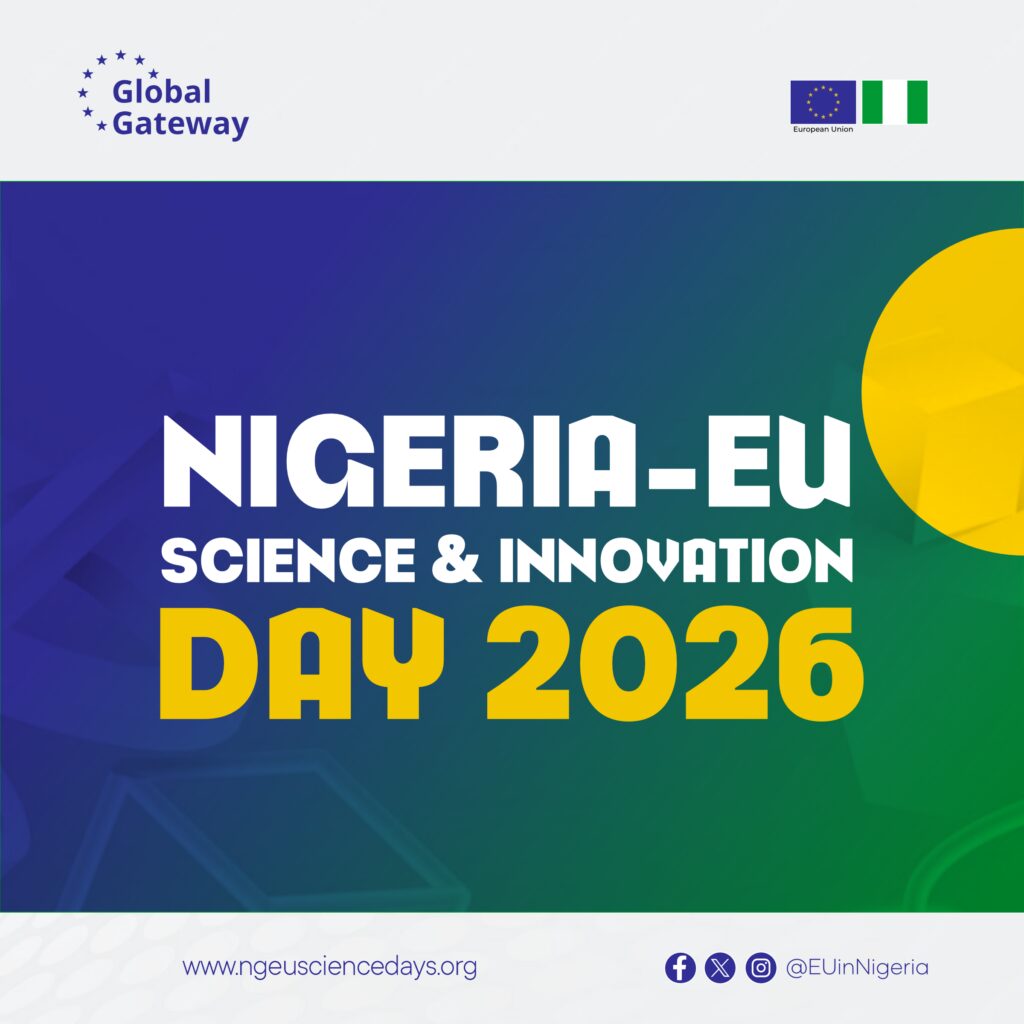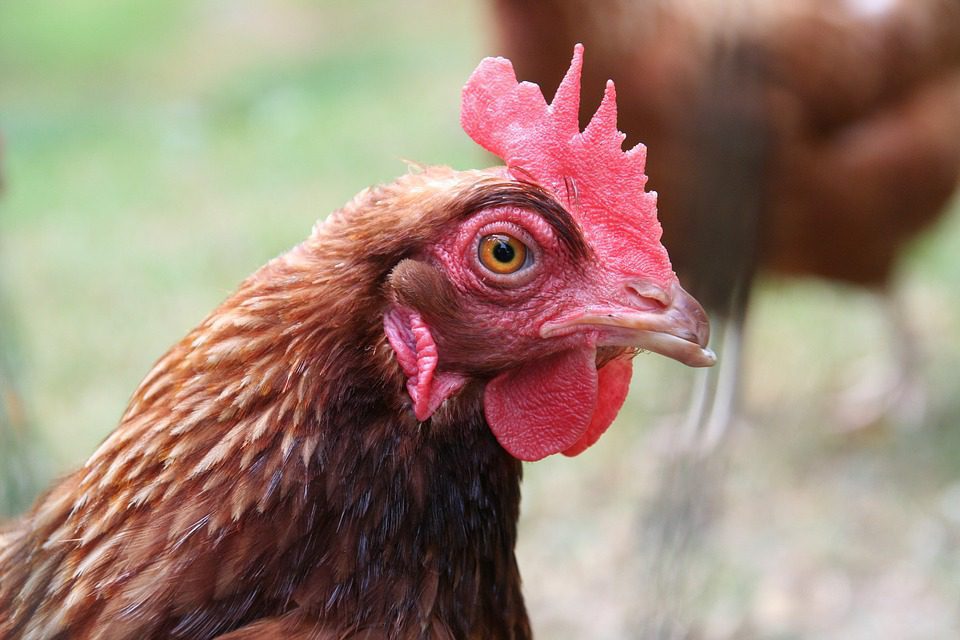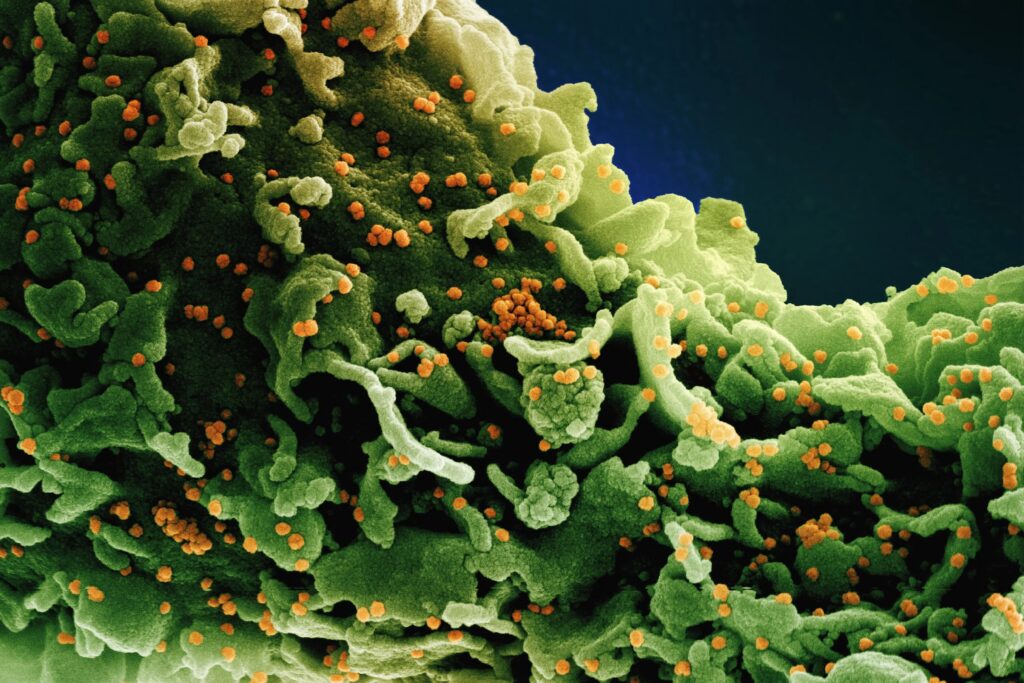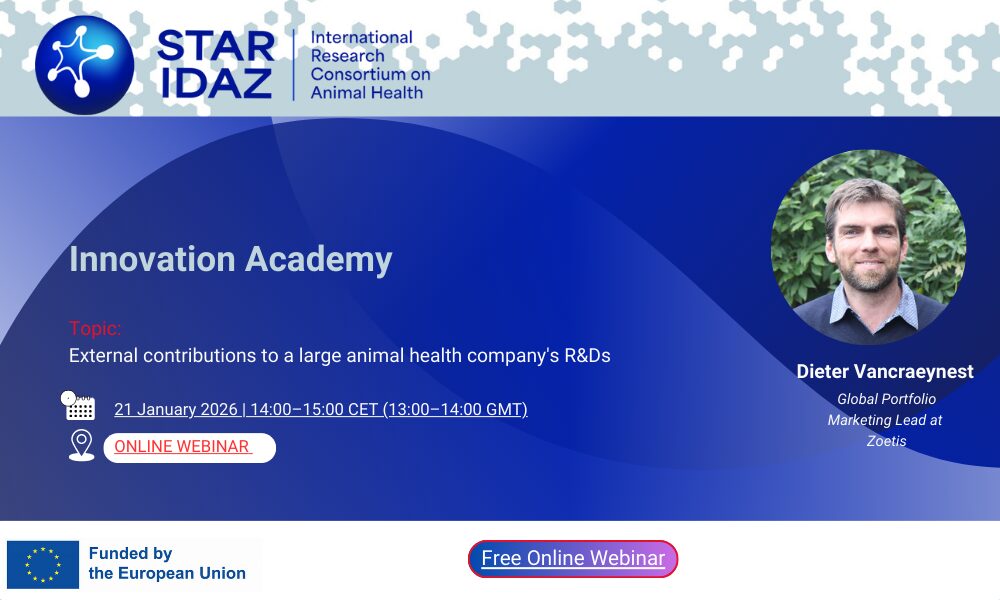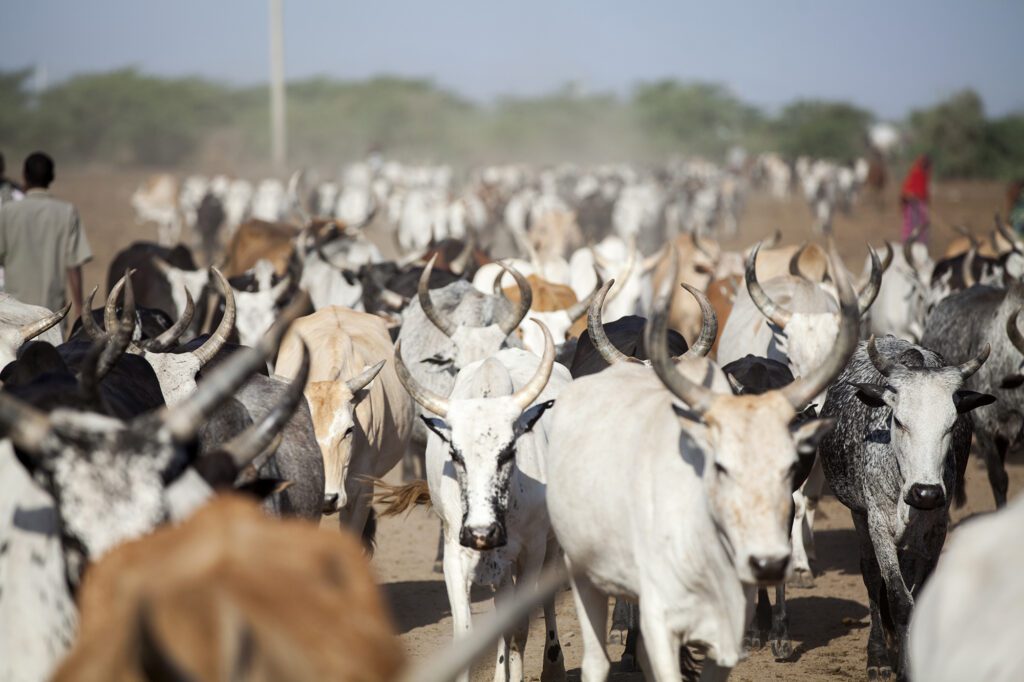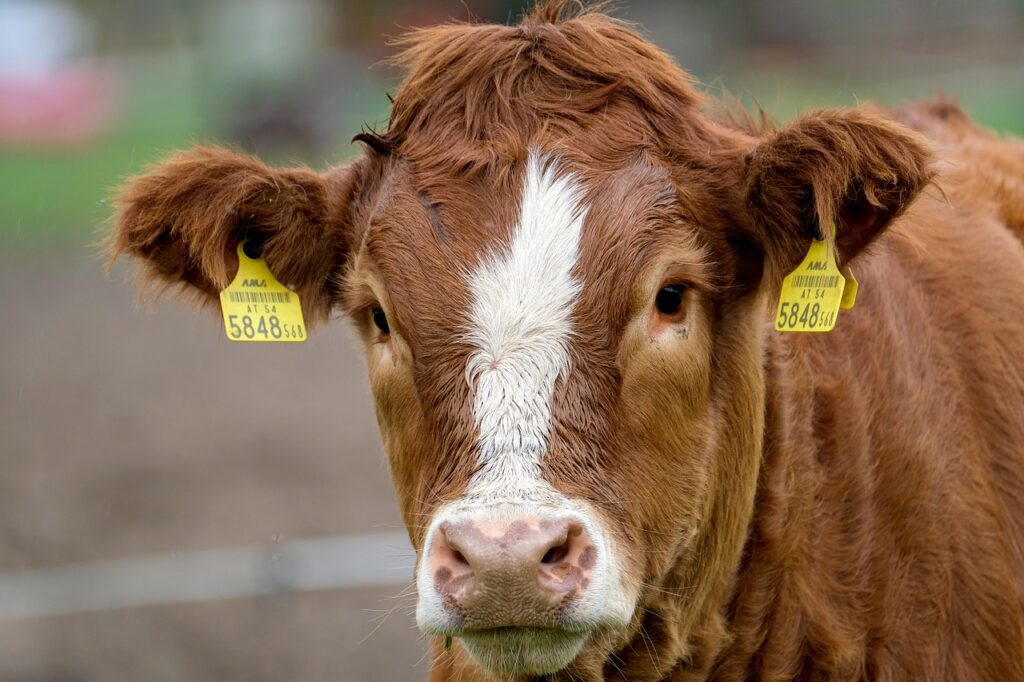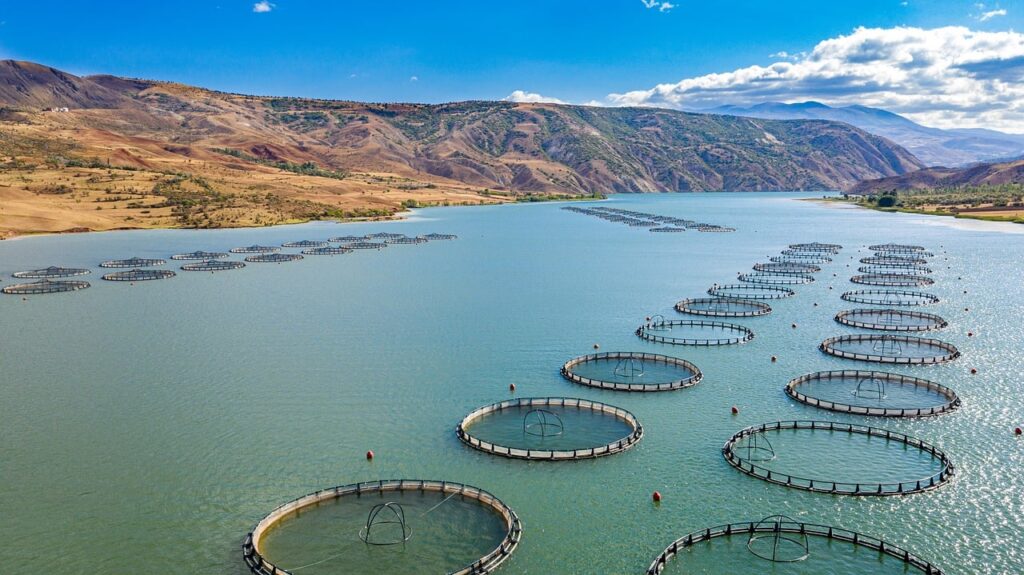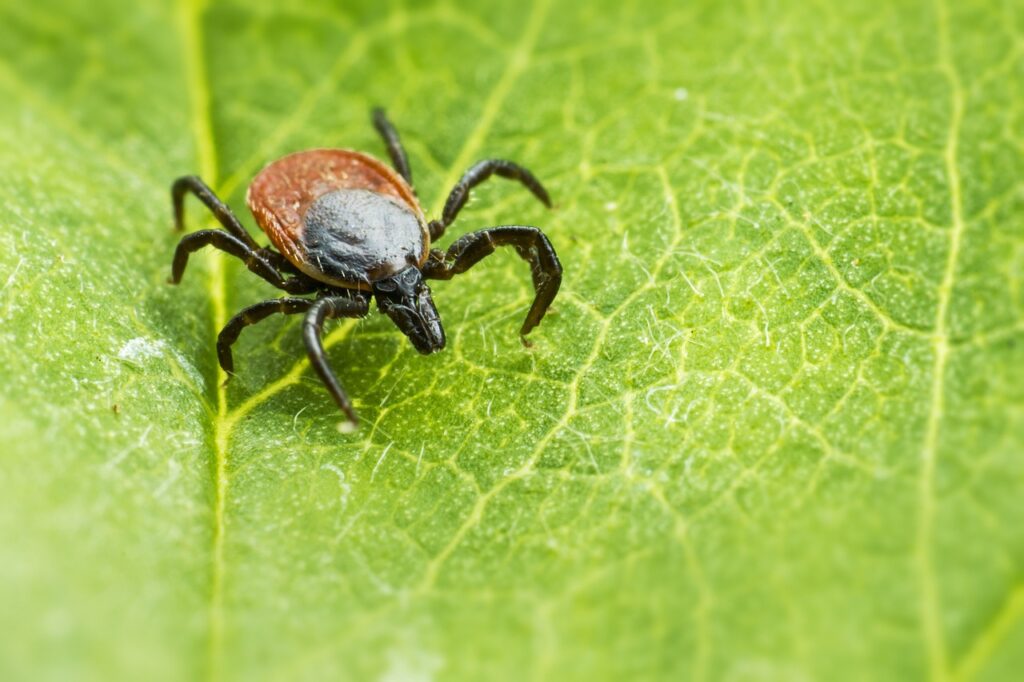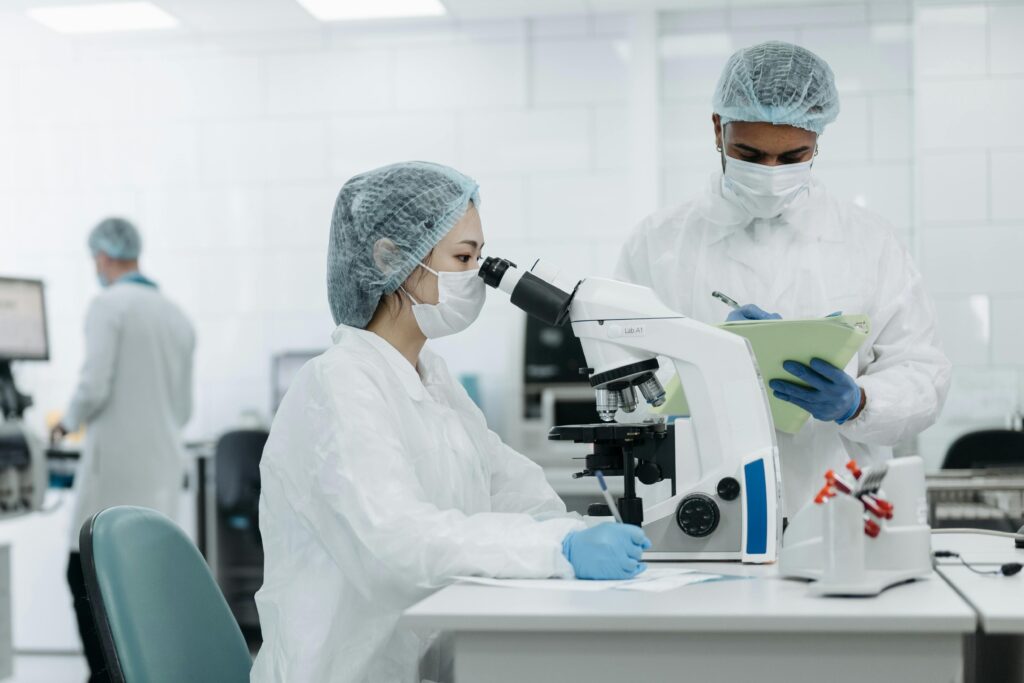Introduction
The STAR IDAZ International Research Consortium (IRC) on Animal Health brings together research funders, programme owners, and industry partners worldwide to coordinate and align investments in animal health research. Its mission is to accelerate the development of control tools — vaccines, diagnostics, therapeutics, and other innovations — for priority animal diseases, thereby contributing to global strategies on food security, animal welfare, and public health.
The annual State-of-the-Art (SoA) Report provides an updated overview of research progress across the Consortium’s priority diseases and cross-cutting themes, highlighting recent advances, ongoing projects, identified research gaps, and opportunities for collaboration.
The 2025 edition maintains the structure of previous years but streamlines content by drawing directly from the new STAR IDAZ website. This approach ensures more timely updates, enhances consistency, and supports the vision of offering tailored information for the STAR IDAZ community according to preferences expressed when logging into the website.
The report contains dedicated chapters on each priority disease or theme. In the online version, users can directly access the sections of interest through interactive links.
In addition, the report includes sections on the broader research and innovation landscape, such as international initiatives, infrastructures, and databases supporting Research & Development (R&D) beyond STAR IDAZ. Together, these updates provide stakeholders with a consolidated view of global progress, remaining challenges, and future opportunities in animal health research.
Executive Summary
The 2025 State-of-the-Art Report reflects the continued expansion and strengthening of the STAR IDAZ IRC, which now includes 36 partners worldwide. Over the past year, the Consortium has advanced its mission of fostering collaboration, reducing duplication, and accelerating the delivery of innovative tools for the control, prevention, and eradication of priority animal diseases.
Key highlights include:
- Updates on STAR IDAZ network activities: The Consortium continued to consolidate partnerships with research funders, international organisations, industry stakeholders, and scientific networks. This ensured a continuous flow of information across thematic Working Groups (WGs), regional networks, and STAR IDAZ partners. The IRC also reinforced its alignment with global animal health and One Health strategies through active engagement with international organisations.
- State-of-the-Art in IRC priority diseases and cross-cutting issues: Over the years, STAR IDAZ partners have agreed on a set of priority diseases and cross-cutting issues for collaboration (see figure below). Each chapter in this report is informed by the work of the relevant Working Group and engaged networks, and includes:
- A short description of the STAR IDAZ approach for the priority;
- Updates from Working Groups, with links, whenever available, to news on recent activities and outputs;
- Featured funding calls currently open and relevant to the theme;
- Updates to research roadmaps and gap analyses, including details on the priority-setting process;
- Links to reports on identified research gaps;
- Information on ongoing projects, as reported by partners, with future improvements expected through the use of AI-enabled search tools and direct input on the website by researchers (see link: tell us about your project);
- A selection of recent advances, with links to relevant published articles selected by SIRCAH with the support of STAR IDAZ Scientific Committee Members and/or experts of the sectors.
- International collaboration and infrastructures: Beyond disease-specific priorities, the report reviews international initiatives and infrastructures that accelerate animal health R&D, including global databases, surveillance platforms, and shared facilities that are essential for coordinated progress.
Overall outlook
The 2025 SoA Report shows that while significant strides have been made in many priority areas, there is a lot that still needs to be done to address the research gaps in the development of next-generation vaccines, rapid diagnostics, and sustainable disease control strategies. By facilitating continue dialogue for aligning global research agendas and mobilising resources for needed research activities, STAR IDAZ continues to play a central role in shaping the international animal health R&D landscape and accelerate the delivery of solutions that safeguard animal and public health, food security, and livelihoods worldwide.
Updates on Executive Committee, Scientific Committee, Regional Network and SIRCAH activities can be see in the Summer Newsletter:
Recent Advances
The following selection of recent scientific advances for the State-of-the-Art Report 2025 has been curated by SIRCAH, in collaboration with members of the STAR IDAZ Scientific Committee and sectoral experts. This compilation highlights peer-reviewed research published over the past year that represents significant progress across the STAR IDAZ priority areas. Each entry includes a concise summary and a direct link to the original publication, providing evidence of innovation and emerging directions in animal health research relevant to global disease prevention, diagnosis, and control.
International Initiatives Accelerating Research and Development Beyond STAR IDAZ IRC
Research and development (R&D) are fundamental for developing effective disease prevention and control tools, utilising existing knowledge, and mitigating disease impacts. Several initiatives have been launched at both regional and global levels to accelerate research and deliver timely solutions for emerging issues.
This chapter aims to provide a list of key network initiatives, funding opportunities and regulatory easing measures. These initiatives are designed to accelerate the delivery of R&D relevant to the animal health sector.
Infrastructures and Databases to Facilitate R&D
Conducting scientific research requires significant research infrastructure, including facilities, resources and related services. The establishment of common databases, allowing for the sharing of knowledge and facilitating networking, is important to facilitate and accelerate R&D.
This chapter provides a list of significant infrastructures and databases relevant to the animal health sector.

